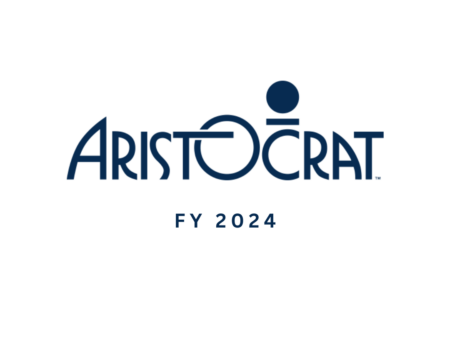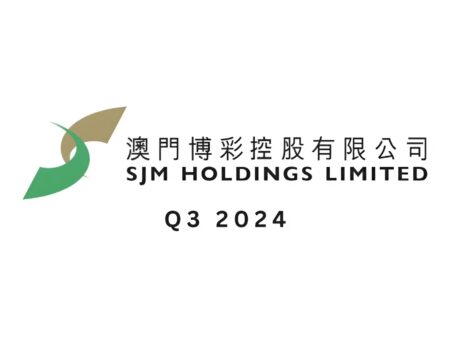The administration of Philippines President Ferdinand Marcos Jr. received a rare commendation from China following the President’s decisive action to ban all Philippine Offshore Gaming Operators (POGOs). The Chinese Embassy in Manila expressed its approval, underscoring the mutual benefits this move holds for both nations.
A United Front Against Illegal Gambling
The ban aligns with China’s ongoing crackdown on illegal gambling and cross-border crime syndicates, a campaign that includes stringent measures and inspections within Macau. According to Macau and Chinese news agencies, the timing of the POGO ban is seen as a strategic support to China’s broader anti-crime operations.
In an official statement, the Chinese Embassy highlighted, “We believe this decision echoes the call of the Philippine people and serves the common interests of people of both countries. China is ready to continue its strong law enforcement cooperation with the Philippines and better protect the safety and well-being of the two peoples.” The statement further noted the detrimental effects of POGOs, stating, “POGO breeds serious crimes and gravely undermines the interests of both Philippine and Chinese peoples.”
Local and International Support
The decision to ban POGOs has garnered widespread support within the Philippines. Many local citizens and a significant number of representatives back the move, viewing it as a necessary step to curb criminal activities associated with these operators. The alignment with China’s stance against illegal gambling also reflects a shared commitment to law enforcement and public safety between the two nations.
Concerns and Considerations
Despite the broad support, some voices have expressed concerns over the potential economic implications of the ban. Notably, Representative Joey Salceda and PAGCOR’s CEO Alejandro Tengco have raised issues about potential revenue loss and the challenges that might arise in monitoring existing POGOs. Their concerns reflect a need for careful consideration of the economic impacts and the development of strategies to mitigate any adverse effects.
Conclusion: The POGO Ban
The POGO ban in the Philippines, supported by China, highlights the importance of international cooperation in addressing illegal activities that transcend borders. As the Philippines navigates the economic and regulatory landscape following this ban, the mutual commitment to safety and well-being remains a guiding principle for both nations.
FAQs About Philippines President Ferdinand Marcos Jr. Praised by China for POGO Ban
1. What action taken by President Ferdinand Marcos Jr. received praise from China?
President Ferdinand Marcos Jr. received praise from China for his decision to ban all Philippine Offshore Gaming Operators (POGOs).
2. Why did China commend the Philippines for the POGO ban?
China commended the Philippines for the POGO ban because it aligns with China’s ongoing crackdown on illegal gambling and cross-border crime syndicates, supporting their broader anti-crime operations.
3. What did the Chinese Embassy in Manila say about the POGO ban?
The Chinese Embassy in Manila stated that the ban “echoes the call of the Philippine people and serves the common interests of people of both countries.” They emphasized the importance of law enforcement cooperation and the protection of public safety and well-being.
4. How does the POGO ban benefit both the Philippines and China?
The POGO ban benefits both countries by addressing serious crimes associated with POGOs, which undermine the interests of both Philippine and Chinese people. It also strengthens law enforcement cooperation between the two nations.
5. What is the general sentiment in the Philippines regarding the POGO ban?
The POGO ban has garnered widespread support among local citizens and many representatives in the Philippines, who view it as a necessary step to curb criminal activities linked to POGOs.
6. Who are the key figures that voiced concerns about the POGO ban, and what are their concerns?
Representative Joey Salceda and PAGCOR’s CEO Alejandro Tengco voiced concerns about the potential revenue loss from the ban and the challenges it may pose in monitoring existing POGOs in the future.
7. What broader impact does the POGO ban have on international relations?
The POGO ban reflects a commitment to international cooperation in law enforcement between the Philippines and China. It sets a precedent for future joint efforts to combat illegal gambling and associated crimes.
8. How does the POGO ban align with China’s anti-crime operations?
The POGO ban supports China’s anti-crime operations by addressing illegal gambling and cross-border crime syndicates, aligning with China’s efforts to crack down on such activities within and beyond its borders.
9. What are the anticipated challenges following the POGO ban?
The anticipated challenges include potential revenue loss for the Philippines and difficulties in tracking and monitoring existing POGOs after the ban.
10. What are the expected benefits of the POGO ban for public safety?
The POGO ban is expected to enhance public safety by reducing serious crimes associated with POGOs, benefiting the well-being of both Philippine and Chinese citizens.


















